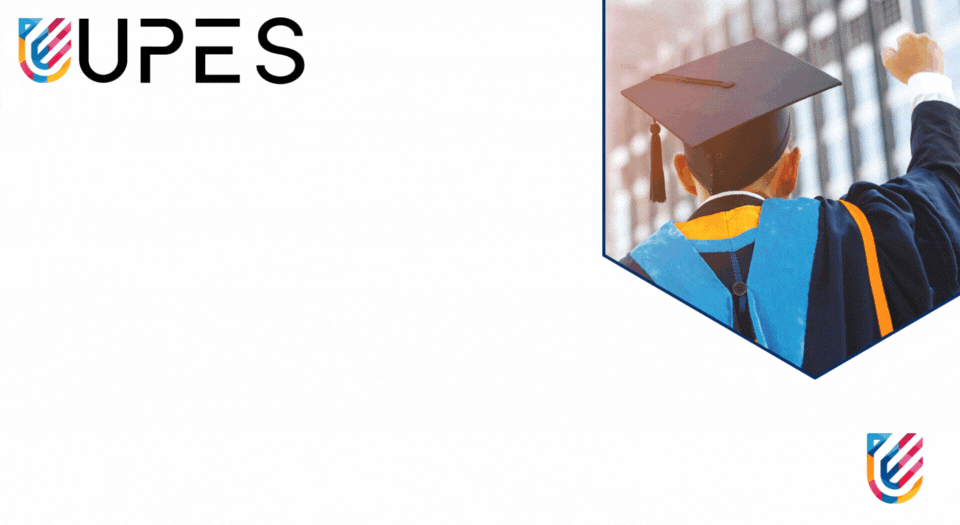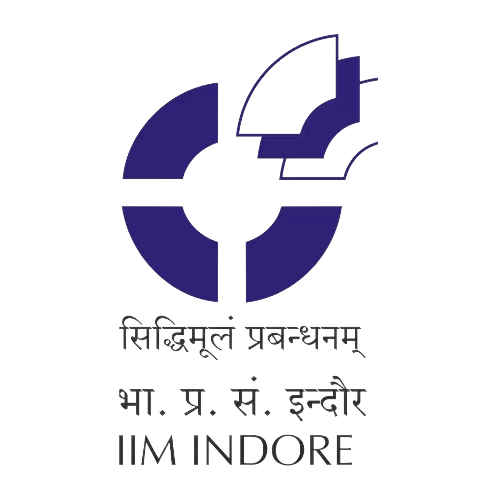Education Minister Dharmendra Pradhan on Karnataka’s decision to scrap NEP: “Don’t play with children’s future”

The union education minister, Dharmendra Pradhan, urged state leaders to quit playing with children’s futures and to stop politicizing education in response to Karnataka’s decision to abandon the National Education Strategy (NEP) 2020 and introduce its own education strategy.
DK Shivakumar, the deputy chief minister of Karnataka, recently declared that the state would form a committee to develop its educational policy within a week.
In a statement to the media, the education minister claimed that Shivakumar’s assertions are retrograde and that his facts are false. It’s not looking forward, he declared.
First of all, Pradhan made it clear that the NEP was not introduced in 2020 but rather in 2021. It was conceived by the nation’s educationists and is a document of visionary philosophy.
In response to Shivakumar’s views regarding the NEP manifesto, he remarked that it was a philosophical text for the twenty-first century rather than a political one.
Pradhan questioned the minister on the kind of message he wants to deliver to the nation’s youth, particularly the youth in his home state. The minister for the union enquired, “What kind of politics is he doing.”
Siddaramaiah, the chief minister of Karnataka and the state’s deputy chief minister came under fire from Pradhan for his decision, saying, “Do they not want the early childhood education and care system to be implemented in Karnataka from the age of three? Do they not want our kids’ play-based learning activities and Indian toys and games to be localised?
He specifically asked if they wanted to stop teaching the local “Chennemane” plays to Karnataka youngsters during their early education.
Regional Language: Education
Do they not want our kids to have a solid grasp of literacy and maths by the time they finish third grade? he questioned. He assertively questioned whether the state ministers were against Kannada language instruction since it was their own mother tongue. According to the government minister, Shivakumar is against Kannada language instruction, which is permitted under NEP.
Pradhan questioned whether they wanted their kids to learn about emerging technology and whether they needed new pertinent textbooks as they discussed the NEP’s numerous components. He asked if they preferred that national-level exams like the Joint Entrance Examination (JEE), National Eligibility Entrance Test (NEET), and Common University Entrance Test (CUET) be administered in Indian languages like Kannada. Multidisciplinary education with a focus on science, social science, arts, and sports subjects was also mentioned.
Pradhan asked Shivakumar if he wanted to prevent Karnataka students from using top-notch research facilities when he mentioned the National Research Bill. He went on to ask if he didn’t want the students to have the possibility for many exits from higher education, to earn as they learn, and to receive a skill-based education.
Last but not least, Dharmendra Pradhan urged DK Shivakumar to “not play with the future of our generation” by letting politics follow its own course.
What is the National Education Policy (NEP) 2020?
The aim for India’s future educational system is laid forth in the National Education Policy of India 2020 (NEP 2020), which was adopted by the Indian Union Cabinet on July 29, 2020. The preceding National Policy on Education, 1986, is replaced by this one. The goal of the policy is to create an education system that is deeply anchored in Indian culture and directly transforms India by offering high-quality education to everyone, developing India into a global knowledge superpower.
For the most recent information about colleges and universities, entrance, programs, tests, schools, research, NEP, and other educational policies, follow us. Write to us at news@formfees.com if you want to get in touch.

















